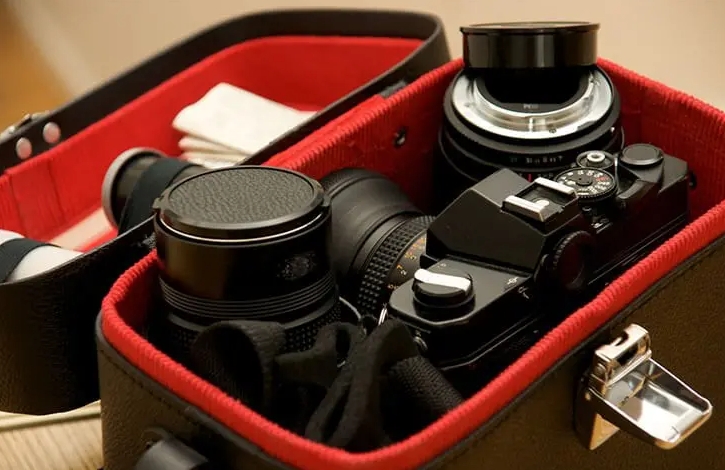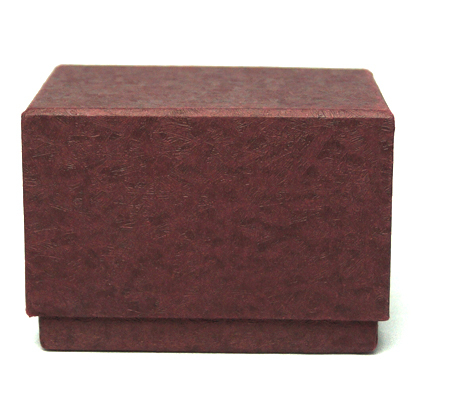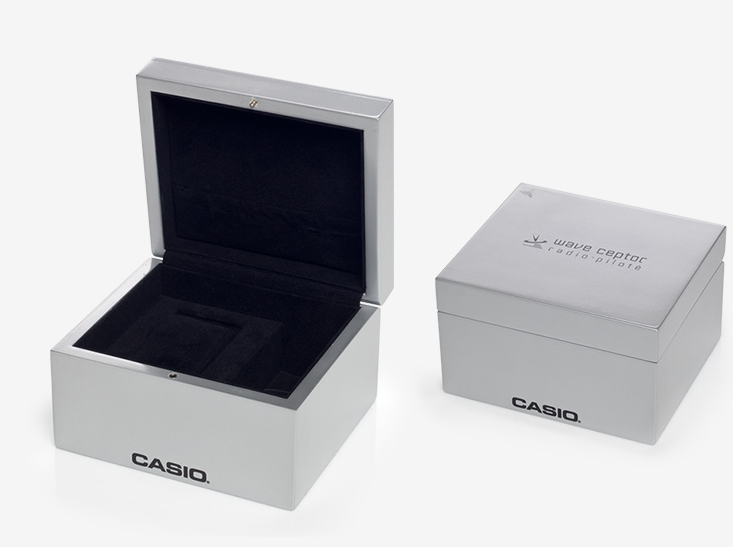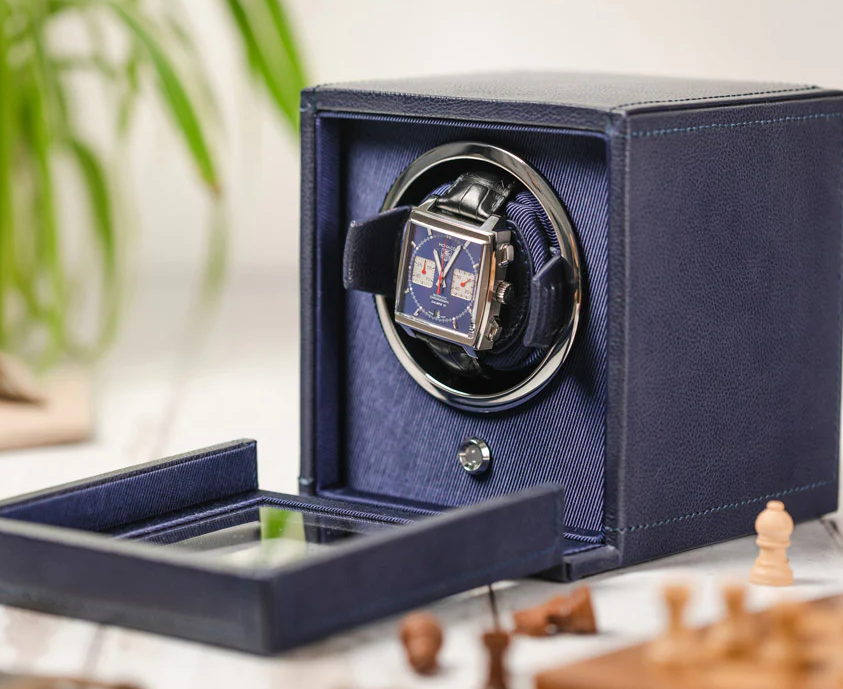Hard shell suitcases are popular for their durability, security features, modern design, ease of use, and evolving environmental responsibility.
Table of Contents
Material Advancements
Types of Materials Used
When it comes to the materials used in hard shell suitcases, the industry has seen a remarkable evolution. Traditionally, materials like aluminum and polycarbonate have been the gold standard. These materials offer a combination of lightweight properties and durability that’s hard to beat. Newer materials like curv material, made from polypropylene layers, are also gaining traction for their incredible impact resistance.
According to Wikipedia, the choice of material often dictates the suitcase’s performance in various stress tests, including impact and weight resistance. Each material comes with its own set of advantages and disadvantages, which can influence the consumer’s choice.
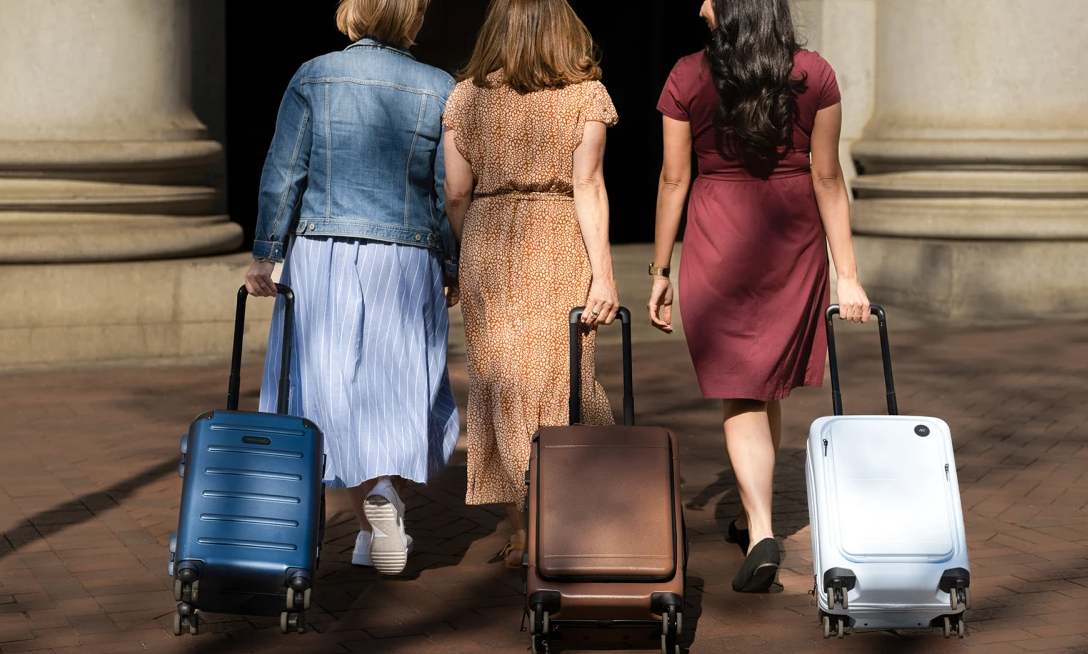
Impact Resistance
Impact resistance is one of the key factors that contribute to the popularity of hard shell suitcases. Materials like polycarbonate are known for their ability to withstand substantial force without cracking or breaking. This is crucial when your luggage is being tossed around by baggage handlers or crammed into tight overhead bins.
Studies have shown that hard shell materials can absorb impact far more effectively than soft shell alternatives. This feature becomes particularly significant when you’re carrying fragile items. To understand the science behind this, you might want to read up on material stress tests in Wikipedia.
Weight Considerations
The weight of your luggage can make or break your travel experience. Exceeding airline weight limits can result in hefty fines, making lightweight materials highly sought after. Aluminum, despite its robustness, tends to be on the heavier side. On the other hand, polycarbonate and polypropylene are much lighter and still offer strong protection.
Durability and Longevity
Case Studies and Comparisons
One compelling way to understand the durability and longevity of hard shell suitcases is through direct case studies and comparisons. For instance, in a case study where travelers took identical trips with both hard and soft shell suitcases, hard shell options showed fewer signs of wear and tear after a series of flights. The scuffs, dents, and scratches that often plague soft shell luggage were notably absent in their hard shell counterparts.
Comparisons between top brands also reveal significant variations in durability. For instance, a premium brand might employ aerospace-grade polycarbonate, ensuring minimal damage even after prolonged usage. By contrast, some cheaper brands might utilize less durable materials, emphasizing the adage that “you get what you pay for.” For those interested in diving deeper into the subject, Wikipedia’s luggage page provides insights into the history and evolution of luggage materials.
Consumer Testimonials
Nothing speaks louder than the experiences of fellow travelers. Browsing through numerous online forums, blogs, and product review sites, one can consistently find praise for the durability of hard shell suitcases. Many travelers recount tales of their hard shell luggage surviving rough handling, adverse weather conditions, and even accidental falls from significant heights.
Security Features
Built-in Locks
The advent of built-in locks on hard shell suitcases has been a game-changer in luggage security. Nowadays, most high-quality hard shell suitcases come with TSA-approved locks. These locks allow only you and TSA agents, who have a master key, to access your belongings. Not only do built-in locks eliminate the need for padlocks, which are often cumbersome and easily lost, but they also streamline the entire airport security process.
Even more advanced are electronic locks, which you can control through a smartphone app. These locks notify you in real-time if your luggage is being accessed, adding an additional layer of peace of mind during your travels. For those interested in the mechanics and history of locks, Wikipedia’s page on locks offers valuable insights.
Tamper-Evidence
Another security feature that underscores the appeal of hard shell suitcases is tamper-evidence. Many hard shell suitcases now come with zippers that reveal any tampering. These zippers are designed to show visible signs of damage or alteration, thereby acting as a deterrent against theft or unauthorized access.
Design and Aesthetics
Modern Designs
In recent years, hard shell suitcases have embraced modern design principles that go beyond mere functionality. With sleek curves, minimalist lines, and futuristic textures, these suitcases often serve as fashion statements themselves. Top brands regularly collaborate with artists and designers to create limited-edition collections that can turn heads at any airport terminal. You’ll see everything from metallic finishes to abstract patterns making these suitcases more than just a travel necessity—they become an extension of your personal style.
For design aficionados, the Wikipedia page on product design offers insights into how aesthetic considerations shape consumer choices, adding yet another layer to the popularity of hard shell suitcases.
Customizability
One of the emerging trends in the luggage industry is customizability, which allows customers to tailor their hard shell suitcases to their specific tastes and needs. Brands offer various options such as color selection, handle types, and even monogramming services to make each suitcase unique. Additionally, some brands have begun to offer modular interiors, so you can adapt your suitcase’s compartments based on what you’re packing for each trip.
Convenience Factors
Ease of Maneuverability
One of the standout features that make hard shell suitcases a go-to option for many travelers is their ease of maneuverability. Many of these suitcases come equipped with 360-degree spinner wheels, allowing for effortless gliding across airports, train stations, and hotels. Forget dragging a heavy suitcase behind you; now you can simply push it alongside you with minimal effort. This is particularly beneficial for those who travel frequently or have physical limitations that make handling heavy luggage a challenge.
For more on how wheel systems and other ergonomic features have evolved, you might find Wikipedia’s page on ergonomics enlightening.
Storage Compartments
Hard shell suitcases have come a long way when it comes to smart storage solutions. Many of them now feature thoughtfully designed compartments and pockets for everything from laptops and gadgets to shoes and toiletries. This helps travelers stay organized, reducing the time spent searching for items when on the move. Moreover, the rigid exterior often allows for more efficient use of space, enabling you to pack more without increasing the suitcase size.
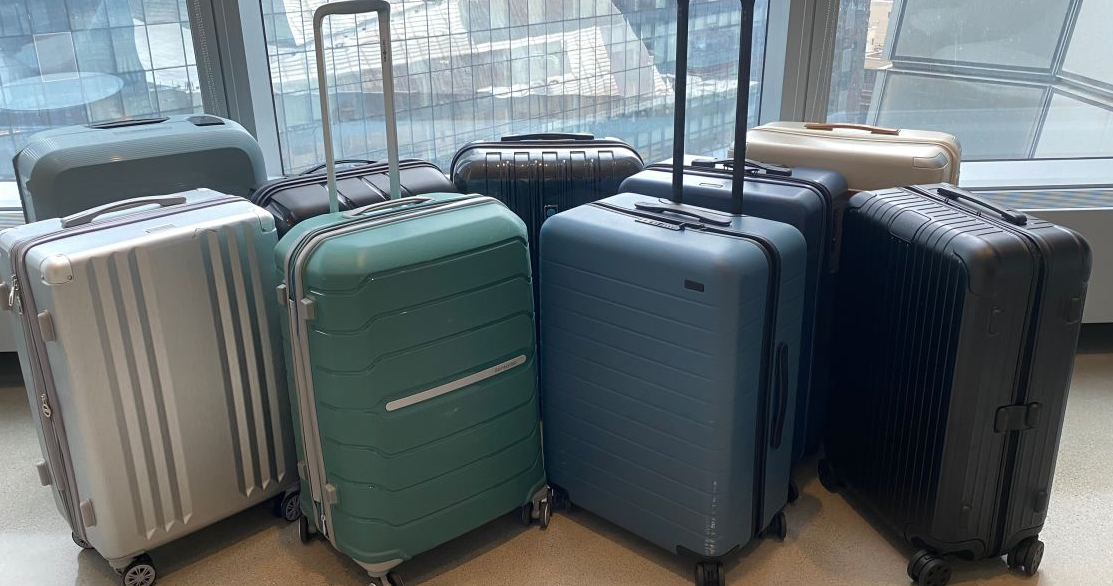
Environmental Concerns
Sustainability of Materials
In today’s environmentally conscious world, the sustainability of luggage materials has become a pressing issue. Traditional materials like polycarbonate, while durable, are derived from petroleum, raising concerns about their carbon footprint. That’s why some brands have started to explore eco-friendly alternatives. For example, suitcases made from recycled ocean plastics have started to appear on the market. These suitcases are not only sustainable but also competitively priced, often ranging from $200 to $400, comparable to their non-eco-friendly counterparts.
To get a broader perspective on sustainability issues, you can visit Wikipedia’s page on sustainable materials.
Recyclability
Another environmental concern is the recyclability of hard shell suitcases. Traditional materials like aluminum are easily recyclable, but others like polycarbonate can pose challenges. Recognizing this, some brands have initiated take-back programs where consumers can return their old suitcases for recycling. Companies then repurpose these materials to create new luggage, cutting down on waste. The price for such a recyclable suitcase often includes a small premium, say 5-10% more than non-recyclable options, as an incentive for consumers to participate in these programs.

